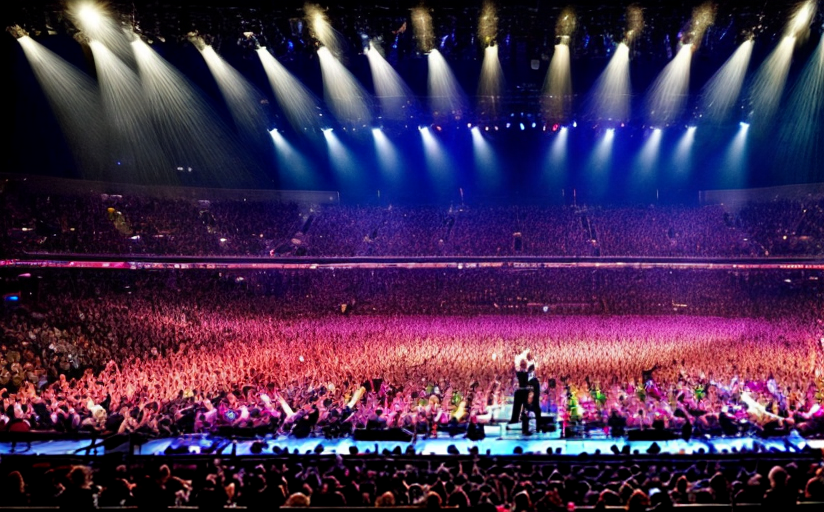The Influence of Classical Music on Modern Pop Culture
Classical music, spanning several centuries, from the baroque to the early 20-century period, remains an extraordinary influence in today's modern pop culture. Despite its age, it continues to inspire contemporary music creators all over the world and across various genres, demonstrating its timeless and universal capabilities.
Characteristics of Classical Music
Classical music is renowned for its complexity, intricacy, and profound depth. It's marked by indelible characteristics such as the structural coherence of compositions, rich and varied instrumental color, nuanced dynamics, and attention to form. Its focus on melody, harmony, rhythm, and sophisticated orchestration, as well as its expressiveness and emotional range, contribute to its universal appeal and enduring influence over different music genres.
The Integration of Classical Elements in Popular Music Genres
An array of popular music genres, including pop, rock, hip-hop, and electronica, have integrated elements of classical music in various forms. Sometimes, this takes the shape of sampling or remixing classical pieces directly into the music. Occasionally, it is the application of classical compositional techniques, such as counterpoint or thematic development. In some cases, artists draw inspiration from the expressiveness and emotional depth of classical music, echoing its grandeur and dramatic narratives in their works.
Examples of Pop Songs Influenced by Classical Music
A prime example of classical music's influence on pop is All By Myself by Eric Carmen, which features a melody from Rachmaninoff's Piano Concerto No. 2. The classically influenced orchestration of The Beatles' Eleanor Rigby is another testament to its pervasive impact. In the domain of rock, Led Zeppelin’s “Babe I’m Gonna Leave You” incorporated elements from Bach's Bourrée in E minor. More recently, Lady Gaga's Alejandro is marked by a riff inspired by Vivaldi's Violin Concerto in B minor. Such tangible connections spotlight the influence of classical music on contemporary popular forms.
Classical Music's Resurgence Among the Younger Generation
This fusion of genres has sparked a renewed interest in classical music among younger generations. Classical elements integrated into familiar pop melodies act as a bridge, connecting younger audiences to a genre they might not have explored otherwise. Classical renditions by pop artists frequently pique listeners' curiosity about the original compositions, guiding them to explore the vast landscape of classical music.
Classical Music in Popular Media
Furthermore, the use of classical music in film, television, and video games is instrumental in keeping the genre alive and relevant in modern pop culture. Classical pieces often set the emotion and tone in visual media, from the romantic strains of Tchaikovsky in Black Swan to the suspenseful notes of Mozart's Requiem in Amadeus. Video games such as the Final Fantasy series have employed symphonic music inspired by classical works, thus extending its reach to new, younger audiences.
Overall, classical music provides a profound source of inspiration and an invaluable toolkit for contemporary music creators. The influence of classical music's universal and timeless qualities can be found across various popular genres, contributing to its ongoing relevance in modern pop culture.


















Comments
Leave a Comment